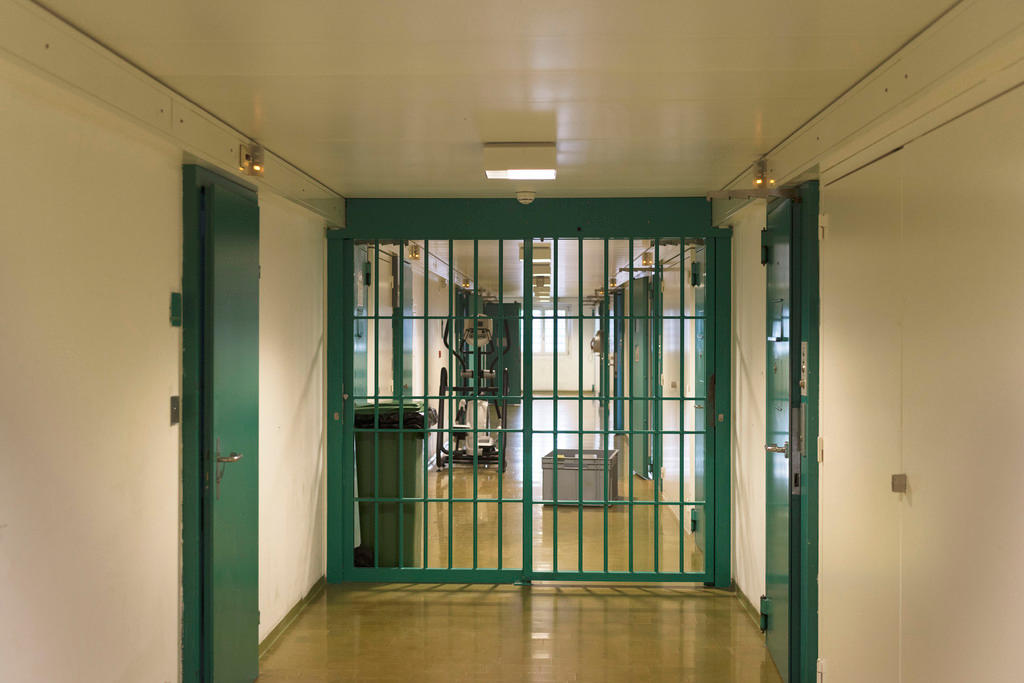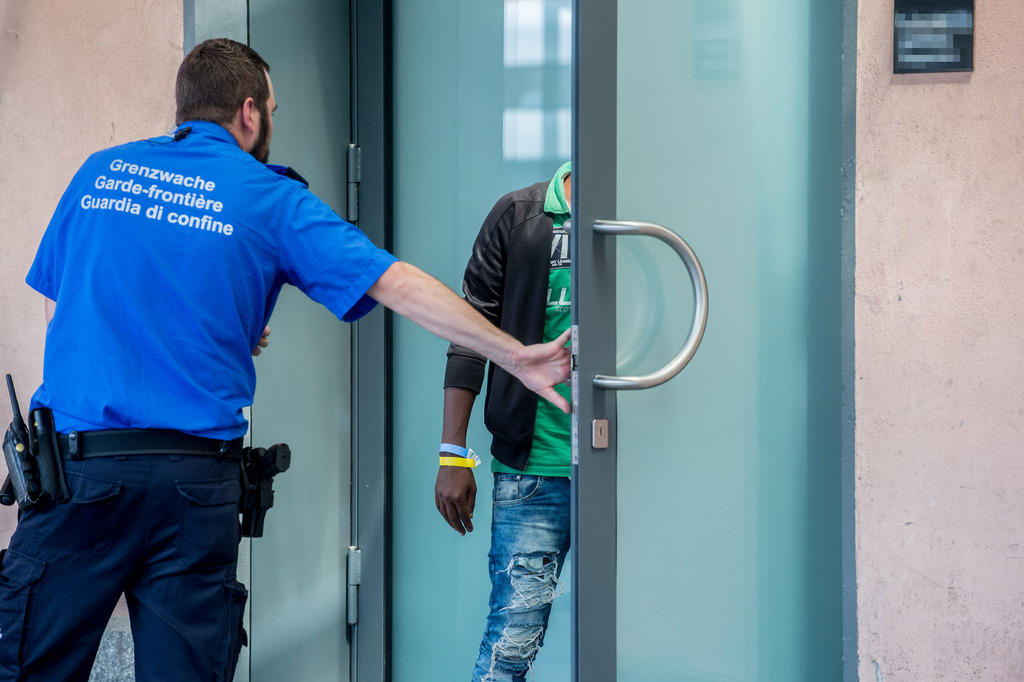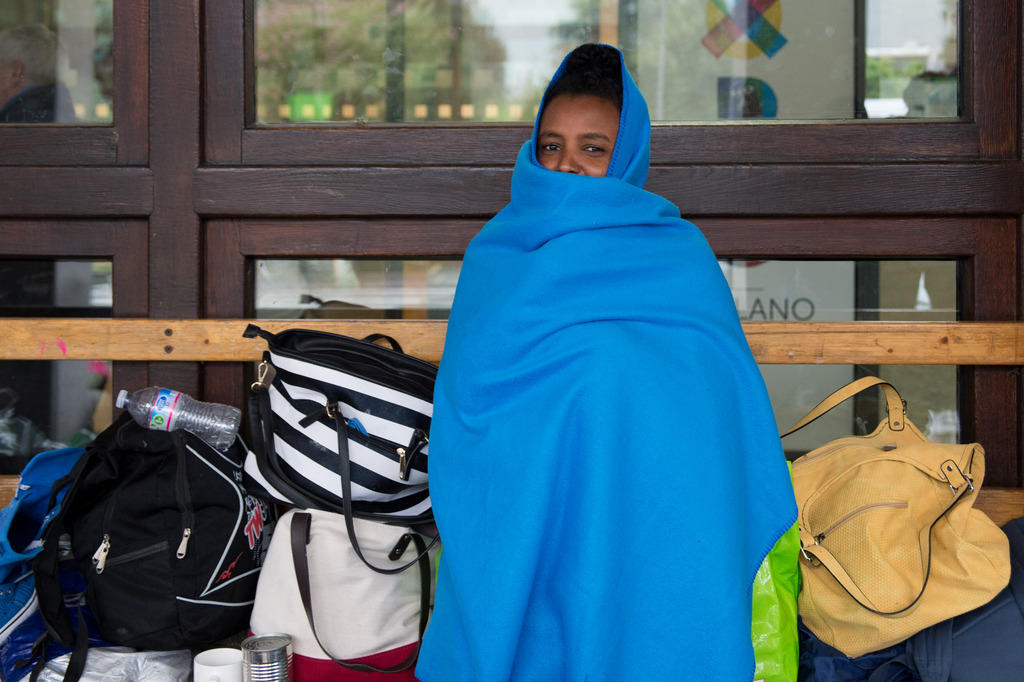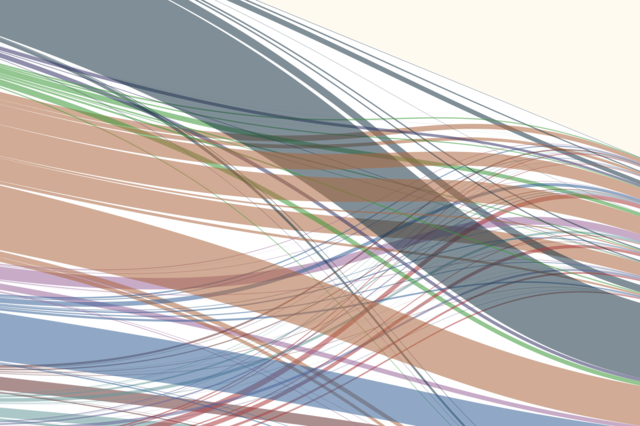Detention of Afghan family judged illegal

A family of Afghan asylum seekers, placed in detention by Swiss authorities before deportation to Norway, were held illegally, it was decided today. The Federal Supreme Court in Lausanne found that the detentions violated the European Convention on Human Rights (ECHR).
In a case that will have nationwide implications for the future treatment of asylum seekers in Switzerland, the court decided that the conditions of the family’s detention ran against the “right to respect for one’s private and family life.”
The nature of the imprisonments, the court said, amounted to “an almost inhuman and degrading treatment” and violated article 8 of the ECHR.
The decision is applicable to the practices of all cantons, and may have implications for the processing of asylum claims in the future. Denise Graf, a lawyer with Amnesty International who followed the case closely, said that “the ruling puts an end to a practice that does not take into account the best of the children and will force all cantons to act accordingly.”
Separate incarcerations
The story began in May 2016, when the Afghan family – two parents and four children – arrived in Switzerland with the aim of joining relatives. The State Secretariat for Migration, acting under the terms of the Dublin Convention, rejected their asylum application in October and ordered that the family return to Norway, where they had previously requested asylum.
However, when the family refused to board an initial flight, for fear that the Norwegian authorities would return them to Afghanistan, cantonal authorities in Zug responded by separating them and placing them in detention. The father, mother and four-month-old baby were put in one location, while their other children aged three, six, and eight were sent to a separate centre.
The family had minimal contact during this period, and spoke to each other twice. Three weeks later, at the end of October, they were flown to Norway, where they remain today. They are currently awaiting the verdict of the Norwegian authorities on their asylum claim.
According the Federal Court, the Zug authorities did not examine any alternative solution to the incarceration and the separation of the family. Such a measure should only be taken as a last resort, it said, with the well-being of the children the most important factor.
Under the Dublin Convention, asylum claims in Europe are generally examined by the country of first entry. If asylum seekers move on to other countries after registration, the so-called Dublin transfers allow for them being sent back.
swissinfo.ch and agencies with input from Stefania Summermatter

In compliance with the JTI standards
More: SWI swissinfo.ch certified by the Journalism Trust Initiative












You can find an overview of ongoing debates with our journalists here . Please join us!
If you want to start a conversation about a topic raised in this article or want to report factual errors, email us at english@swissinfo.ch.